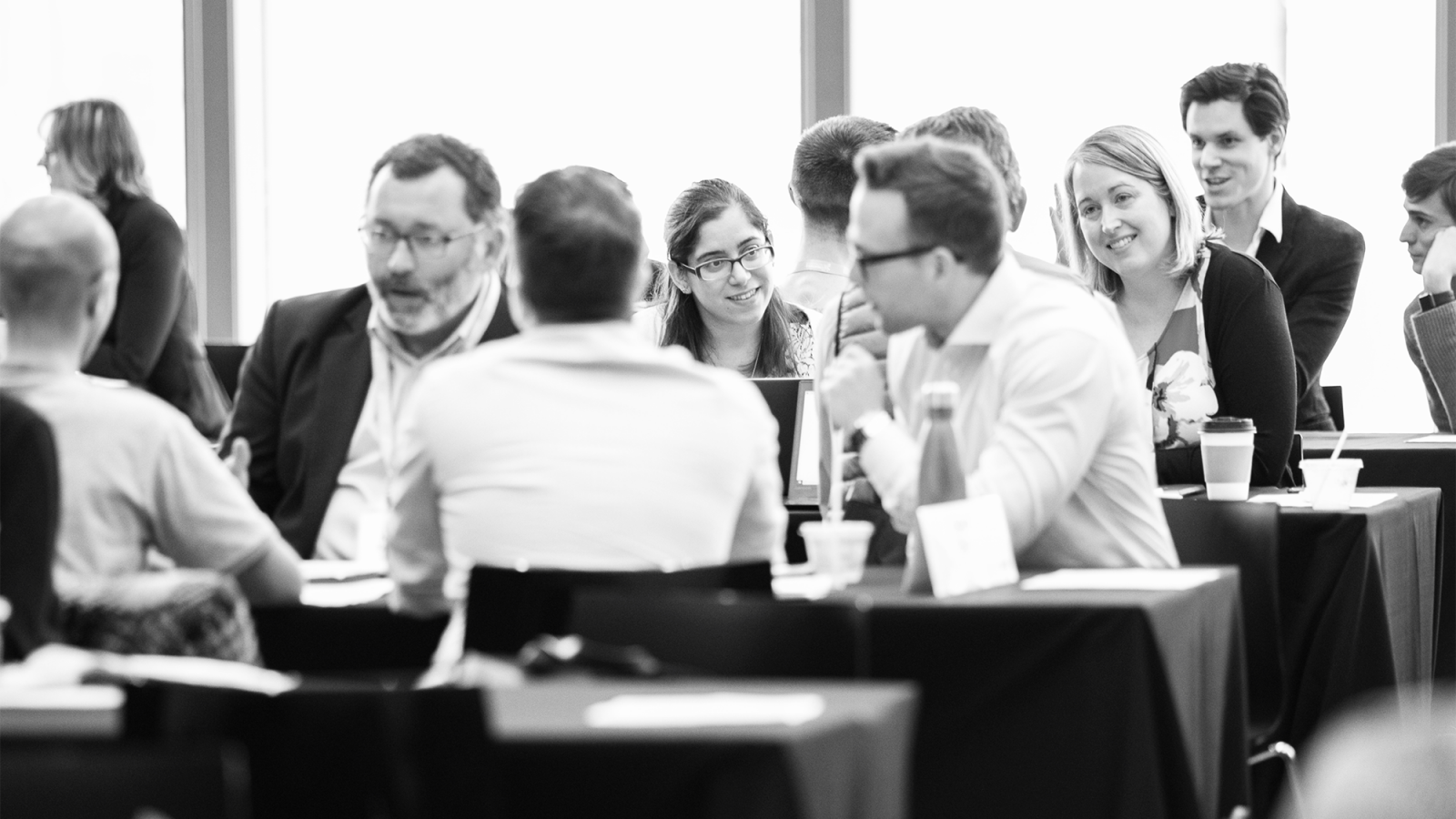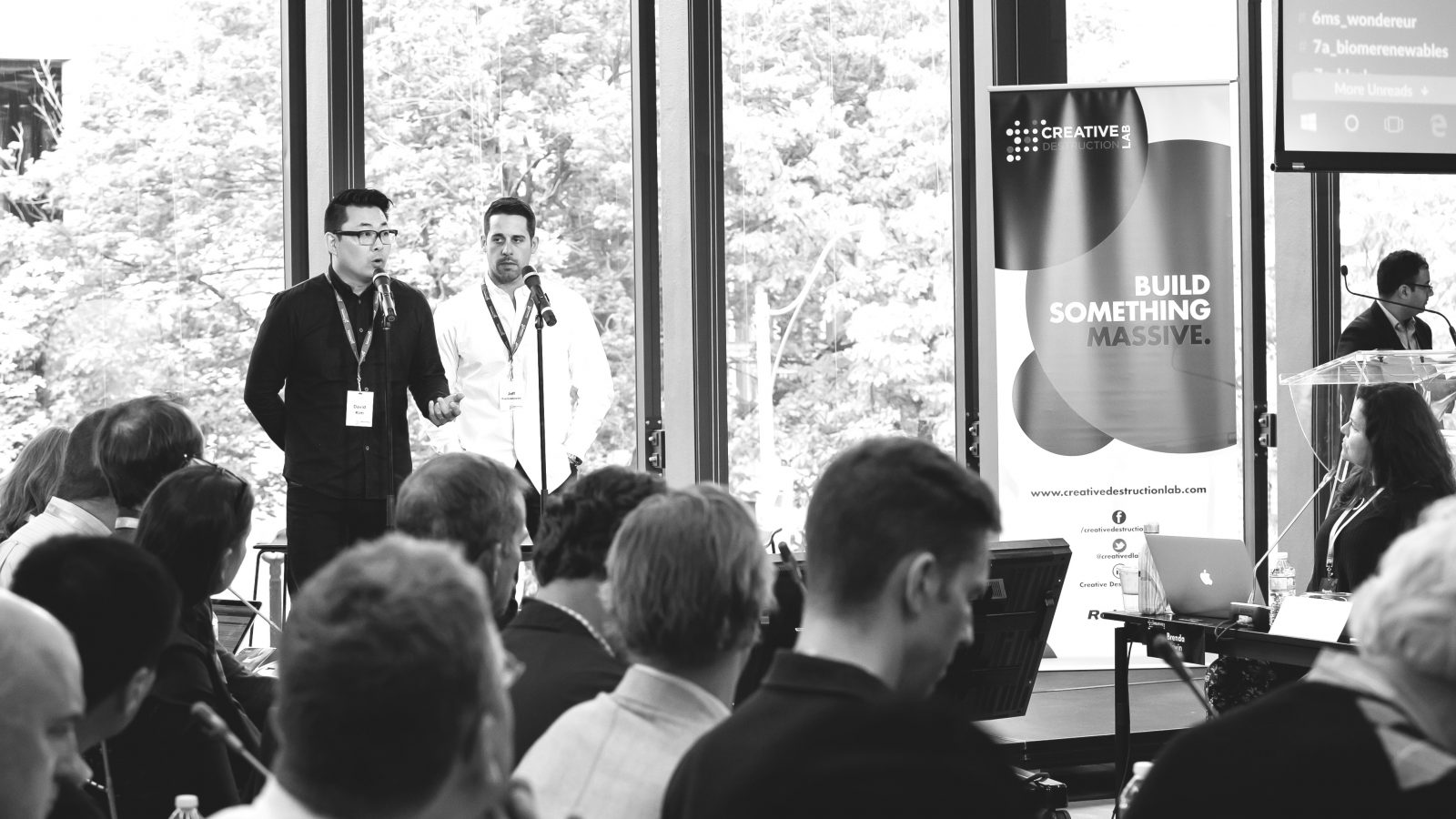“I wish I had CDL when I was building my startup,” says Ozge Yeloglu, an Associate with CDL-Atlantic and the Chief Data Scientist of the Customer Success Unit at Microsoft Canada.
Yeloglu started the predictive data analysis company topLog while working on her PhD at Dalhousie University. As a technical founder herself, she appreciates why those launching science- and tech-based companies have to surround themselves with people who are much more familiar with the business side of things. “[As mentors], we can’t always tell them what to do, but we can tell them what not to do because we’ve made those mistakes and learned from them,” says Yeloglu.
Supporting talent like Yeloglu while they are in the early stages of entrepreneurship is exactly the mission of the CDL. Often founders come to the CDL program with fascinating technology that they haven’t figured out how to commercialize yet, says founding CDL Fellow Barney Pell, who is an active entrepreneur and angel investor based in Silicon Valley.
Validere is a company Pell saw transform as a result of its time in the program. One of the co-founders developed technology that could identify the characteristics of a liquid in real time, which had huge potential to disrupt the workflow of sending samples to a lab, which often took days to get back results. There were many ways to commercialize this technology, but mentors like Pell and Dr. T. Chen Fong helped them realize what a great fit it was for the oil and gas industry. Dr. Chen Fong even personally led the team around Calgary to meet oil and gas executives to help them gather more information on the kinds of problems Validere could help solve in their industry. That dedication of time is part of what sets the CDL apart from other programs supporting startups, says Pell: “We all have money, but time is what’s really scarce.”
CDL Associate Elizabeth Caley, whose startup Meta was acquired by the Chan Zuckerberg Foundation, has mentored many founders throughout her career but finds the CDL’s structured approach is the best use of her time. Founders are given feedback during five in-person meetings over nine months, and are given short-term, focused objectives to achieve between those meetings. She has seen companies hone in on the potential for their innovation in just a few sessions. “It can take a long time if you’re doing that on your own,” she notes.
Not only does Caley believe it’s the most effective way to give back to the startup community, being part of the program means she’s learning constantly from founders and other mentors.
That’s also one of the reasons Founding Fellow Daniel Debow has stayed committed to the CDL as a mentor. He also loves the opportunity to invest in early-stage ventures whose ideas are shaping the future. Over the last six years, he’s made bets on many companies that have served him — and the ventures — well. And part of the success he’s found with these companies is a result of the program itself: “Being a successful participant of the CDL gives founders an unfair advantage — you’ve been tested at the highest level of what you have to achieve, you have a realistic framework of how you’re going to get there, and you have access to a network that’s going to propel your business.”
—
The CDL is a seed-stage program for massively scalable, science-based companies. Its nine-month program pairs founders with experienced entrepreneurs and investors to set focused, measurable objectives with the goal of maximizing equity-value creation. Launched in 2012 at the Rotman School of Management at the University of Toronto, the program has now expanded with locations in Vancouver, Calgary, Montreal, Halifax, and New York City.
Since its inception in 2012, companies that have participated in the CDL programs have created over $2.8 billion (CAD) in equity value. CDL Alumni include Thalmic Labs (Waterloo), Atomwise (San Francisco), Deep Genomics (Toronto), Nymi (Toronto), Automat (Montreal), Kyndi (Palo Alto), and Heuritech (Paris).





